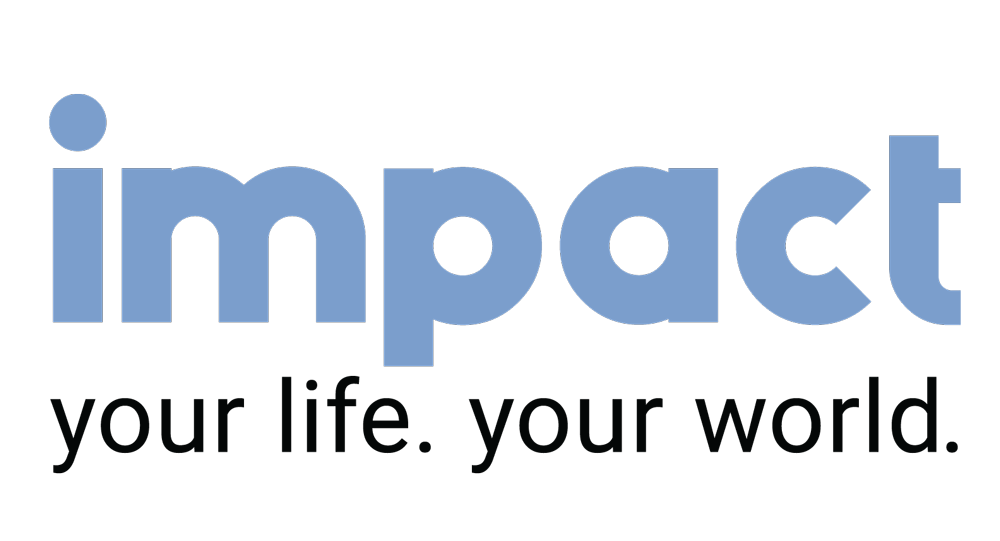Identifying Sugars
Maintaining a balanced diet is essential to good health. Sugary treats that contain ingredients like high fructose corn syrup and or other refined sugars have created increasing health problems in the world population. As you try to maintain your diet, it is important to read the labels and come to understand the many names of refined sugars. Watching for these refined sugars, and learning the names of both refined sugars and sugar substitutes will help you become more aware of what ingredients are providing good nutrition and which are not.
Refined Sugars & Where They Are Found
According to an article through MD Anderson Cancer Center, Lindsy Wohlford shared that in many cases "Refined Sugar may be from a natural source, but it has been processed so only sugar remains.” When this happens, key minerals and vitamins that are contained in natural sugar have been removed which leads to poor health outcomes. And refined sugars are found in so many foods that they are very hard to avoid, so knowing the many names of refined sugars and what foods they are commonly in will help you to better identify and avoid them.
Refined Sugar Names
The longer we have been using refined sugars in our foods, the more names and types have accumulated. There are many names that you will find on ingredient labels that do not seem like sugar at first.
As you read labels, look for some of these common sugar names. Keep in mind that while almost all of these have been refined in some way, there are still some
which prove to be less refined than others.
- Fructose
- Dextrose
- Sucrose
- Glucose
- Brown Sugar
- Crane Sugar
- Confectioner' Sugar
- Corn Syrups
- Crystalline Fructose
- Dextrin
- Diastatic Malt
- Maltodextrin
- Barley Malt
- High Fructose Corn Syrup (HFCS)
- Sorghum Syrup
- D-ribose
- Refiner's Syrup
- Turbinado Sugar
- Ethyl Maltol
- Galactose
Common Places you will find Refined Sugar
Not only does refined sugar have lots of names, but it also is very common in places you may not expect it. Check out the grams of sugar in each of these places, and try to avoid them when possible if you are trying to stay away from refined sugar.
- Soft Drinks
A lot of the new and popular drinks today contain loads of sugar. The average amount of sugar in soft drinks or sodas is around 30 grams. According to the CDC, “sugary drinks are leading sources of added sugars in the American diet. Frequently drinking sugar-sweetened beverages is associated with weight gain, obesity, type 2 diabetes, heart disease, kidney diseases, non-alcoholic liver disease, tooth decay and cavities, and gout, a type of arthritis.”
- Cereal
Breakfast cereal, even the “healthy” ones contain refined sugar. Business Insider looked at the sugar content of some of the most popular cereals and found that “the average box of cereal generally contains 19.8 grams of sugar” for every serving.
- Low Fat Foods
To compensate for the removal of additional fats, more sugar is added to low-fat foods to help add flavor. For example, low-fat yogurt is full of refined sugar. According to Healthline, “1 cup of fruit-flavored, nonfat yogurt contains 31 grams of sugar.”
- Condiments
The amount of sauce most people use, and the serving size are usually pretty different. There is plenty of refined sugar in condiments, and the more ketchup you add to your fries, the more sugar you are getting. According to Heinz, their typical ketchup contains 4 grams of sugar in only one tablespoon of sauce.
It is essential to look at the amount of added sugar on all products you buy. Most of the time that added sugar is refined. Beyond refined sugars, there are many replacement sugars that still contain the nutrients, vitamins, and minerals that are normally taken out of refined sugar. On labels, these replacement sugars will usually appear under a few specific names.
Identifying Natural Sugars and Replacement Sugars
Watch the labels to see when replacement sugars and natural sugars are being used rather than refined sugars. Below are a few names you may see that are common replacement sugars:
- Monk Fruit Extract
- Erythritol
- Allulose
- Stevia
More replacement sugar names are added to labels often as we learn more about them and how they affect our bodies. These ingredients on labels will be harder to find on labels than refined sugar names, but if you know what you are looking for it is much easier to identify sugars that are not as toxic and addicting as refined sugar.
The Benefits of Replacement Sugars
There are many replacement sugars like sugar alcohols and natural sugars, and each is slightly different, but generally they all have great benefits. Almost all sugars like monk fruit, allulose, and erythritol have zero calories. They also contribute to spikes in blood pressure like refined sugar, meaning they are more safe for diabetics and those trying to keep a low calorie or low carb diet. These sugars are also less hard on your teeth and in some instances contribute to better teeth and less decay.
By not having any calories and not raising your blood pressure, these sweeteners are not considered carbohydrates. Many people have replaced their refined sugar with more natural sugars and have been able to lose weight and gain better control of their life.
It all starts with reading the labels and learning how to identify which sugars you are putting into your body and how much. Gaining control of that will help you to lead a happier and more healthy lifestyle.

